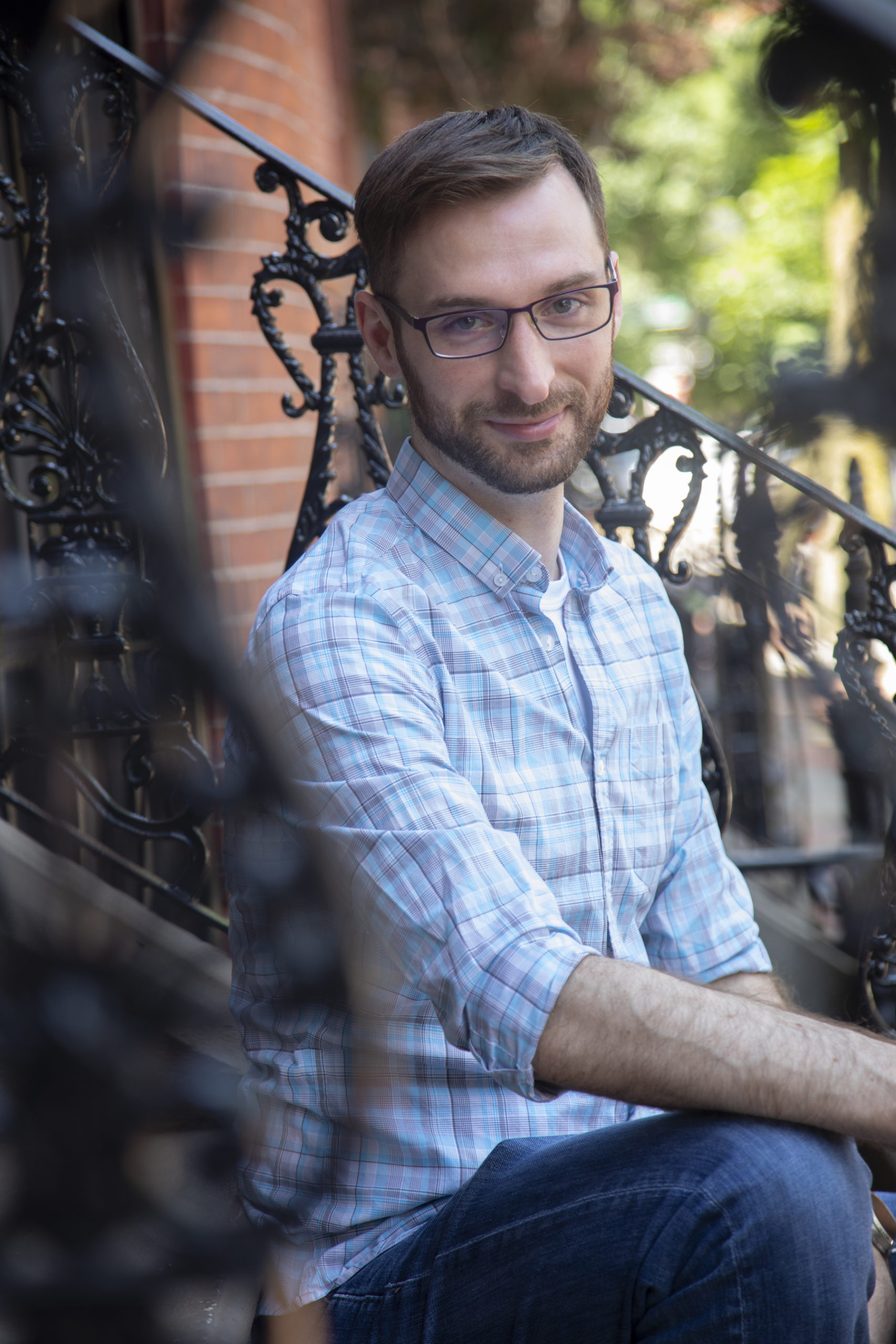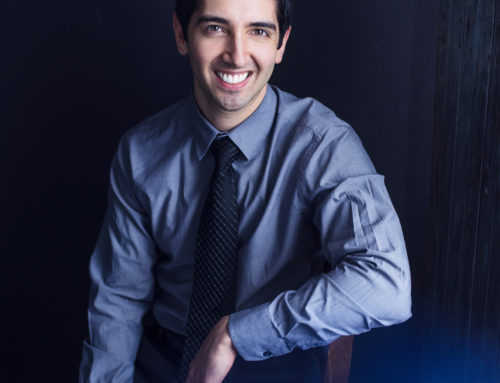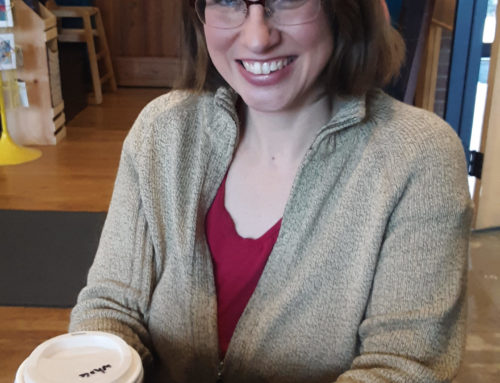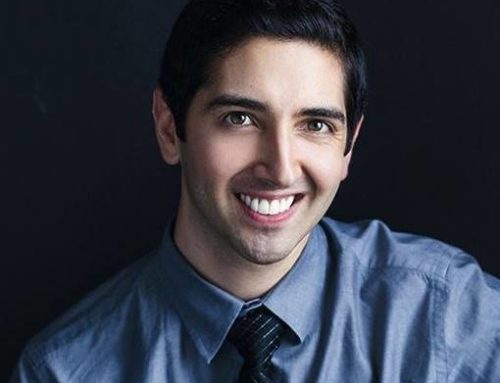MACSA Alumni are making phenomenal accomplishments in their professional careers! For our Fall MACSA Center Stage Alumni spotlight, we’re featuring MACSA Alumnus Carl Waitz.
Carl Waitz is an accomplished clinical psychologist with a musical background. From the beginning, music played an important part in the Waitz family. At the age of four, Carl took an interest in the piano following his older sister’s lead. “I was four when I first asked to take piano lessons,” Carl shared, “but my sister’s teacher was hesitant to work with someone my age. I begged my sister to teach me how to play a piece of piano music so I could show I really was serious about the music. I played it for the teacher and began lessons shortly after that.” Carl continued piano lessons for over ten years, studying with past MACSA teachers AJ Collins and Corrie Box.
Although Carl did not pursue a musical career in performance or teaching, piano lessons taught him far more than how to play beautiful music. Through music lessons, he learned valuable life lessons and skills, skills that carried over into Carl’s academic and professional endeavors. He shared, “The encouragement, support, and guidance from my teachers at MACSA helped me to grow musically and to grow in my ability to approach complex challenges, maintain disciplined endurance, and engage myself in artfully bringing together theory and practice. All of these abilities are the same skills I relied on in my time in undergraduate and graduate education and in attaining high-level clinical training positions.”
Carl is now an attending psychologist at Boston Children’s Hospital. Additionally, he is on the clinical faculty at Harvard Medical School. Though seemingly unrelated, Carl has been able to apply his musical background to his current work. “Much like music, clinical psychology is both an art and a science,” Carl told us. “It’s important to learn the theory, but it’s the creative process of interpreting and performing that crucially brings the work to life. Just like it takes hours of practice to draw out the nuances and subtleties of a composition, so it also takes hours of practice to learn how to skillfully engage with another person in a way that is both organic and meaningful.”
Though his time playing not as frequent as it once was, music is still very much a part of Carl’s life. “My training at MACSA and continued appreciation of music reminds me that the full range of emotion has a fundamental role in what it means to be human,” Carl said. “Whether it’s the fury of Mozart’s Dies Irae, the contemplative simplicity of Pärt’s titinnabuli style, or the exuberance of Copeland’s Hoe-Down, I would not want to give up any part of the human experience. In fact, I often play these very pieces for my patients when helping them to embrace their emotional experiences.”
Learn more about Carl’s practice at www.carlwaitzpsyd.com






